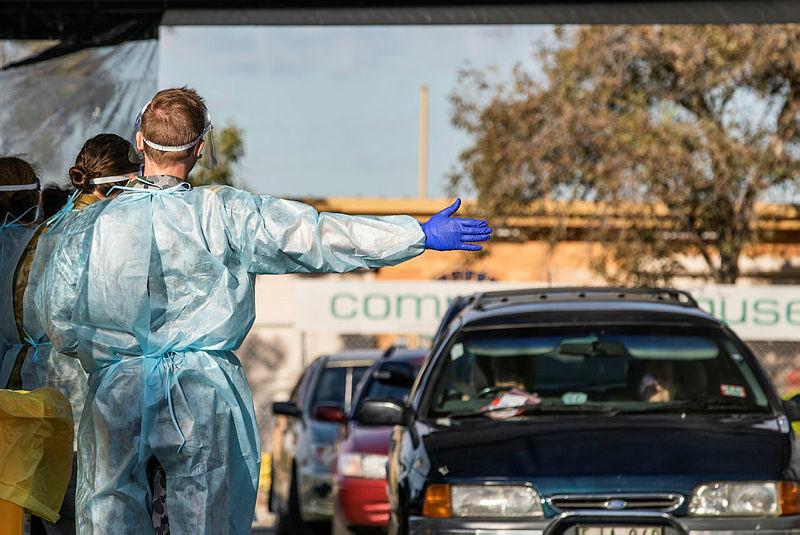
The beat
Police enforce Beijing’s national security law in Hong Kong
Beijing has opened a security office in Hong Kong for intelligence agents from mainland China, who now have the power to investigate Hongkongers for crimes defined under the new national security law. The legislation has broadened the powers of Hong Kong police, who are already making arrests. Several tech and social media companies, including Google and Facebook, have stopped processing police requests for user data in Hong Kong while they assess the impact of the new security law on citizens’ rights.
Italian police seize world-record haul of amphetamines
Fourteen tonnes of the drug Captagon with a street value of around $1.6 billion was seized in the southern Italian port of Salerno. Investigators believe the pills originated in Syria and were produced by the Islamic State group to fund terrorist activities. Captagon is an amphetamine reportedly used by IS fighters to ‘inhibit fear and pain’, but the Syrian civil war has caused a surge in its production and use by many groups there.
CT scan
Tough counterterrorism law enacted in the Philippines
Philippine President Rodrigo Duterte signed a controversial new anti-terrorism bill into law on 3 July. The act broadens state power with a focus on combating militants in the predominantly Islamic southern island of Mindanao. Suspects can now be detained without charge for up to 24 days, and placed under surveillance or wiretapped for up to 90 days, with punishments including life imprisonment without parole. International human rights groups have criticised the legislation, arguing that the new measures are excessive.
South Australian counterterror unit to patrol crowded places
SA Police has formed a counterterrorism taskforce to respond to threats in busy public spaces like the Adelaide Oval. The 48-member unit will be highly visible at public events and will carry semi-automatic weapons. The move has raised concerns that the presence of such heavily armed officers will exacerbate tensions between law enforcement and the community. The South Australian government has committed $9 million over four years to the initiative.
Checkpoint
Defence force to assist as NSW–Victoria border shuts
New South Wales has shut its border with Victoria for the first time since the Spanish flu pandemic in 1919 following a surge of new Covid-19 cases in Melbourne. The Australian Defence Force has announced it will deploy up to 500 personnel to help police with compliance checks and provide logistical assistance along the border. So far, 2,200 ADF personnel have been involved in Operation COVID-19 Assist. The ADF has also sent specialist staff to work with various government agencies, including the Department of Health, the Department of Home Affairs and Services Australia.
US seizes hair shipment from China
US Customs and Border Protection authorities have seized 13 tons of woven hair originating from Xinjiang in western China where Uyghurs and other Muslim minorities are being kept in a large network of ‘re-education’ camps. US officials said they believed the hair was taken from Uyghur women who were subjected to forced labour. The US government has since warned companies that they could be prosecuted for purchasing supplies from ‘entities that engage in human rights abuses in Xinjiang’.
First responder
Pandemic yet to peak
World Health Organization Director-General Tedros Adhanom Ghebreyesus has warned that the coronavirus outbreak is ‘accelerating’, with more than 160,000 new cases reported every day over the past two weeks. More than 11.6 million cases have been recorded globally, nearly half of them in the Americas. Experts have urged the WHO to review research on the threat of airborne transmission of Covid-19 in indoor spaces.
US informs WHO of withdrawal from global health body
The Trump administration has submitted a letter formally withdrawing the US from the World Health Organization after announcing in May that it would terminate the relationship. The decision has drawn criticism from medical associations and US politicians, including Republicans. The withdrawal notice takes a year to come into effect, meaning that the US will officially leave international health body on 6 July 2021, unless the decision is reversed.